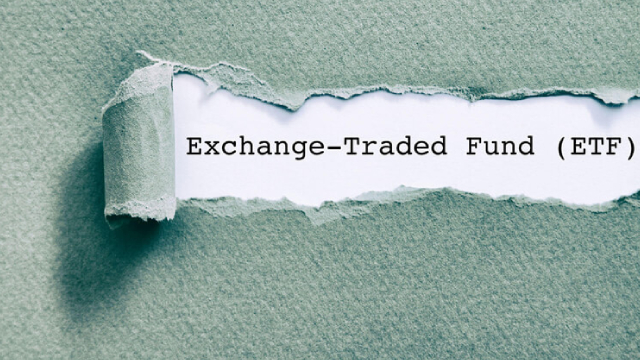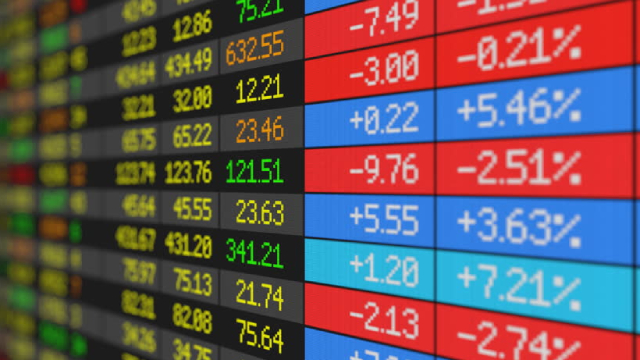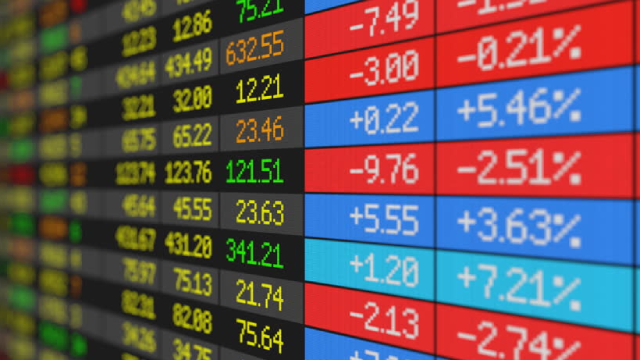ARKK Stock Recent News
ARKK LATEST HEADLINES
ARK Innovation ETF is a high-conviction, actively managed ETF focused on disruptive innovation, requiring significant monitoring and conviction from investors. Post-2022, ARKK shifted towards more resilient, cash-flow stable innovators, reducing risk but maintaining high volatility and concentration. Performance has lagged passive benchmarks since 2022, with sharp drawdowns and inconsistent returns, weighing on the buy case.
Sam Korus, Ark Investment Management director of research, joins 'Closing Bell Overtime' to talk SpaceX's valuation and what is next for the company.
It's probably time to give Cathie Wood the benefit of the doubt as the tides turn back in disruptive innovation's favor.
Just a month ago, ETF investors were pleased to simply hold onto their money. Now they're looking for big gains in the S&P 500 again.
ARKK isn't sinking, it has sunk. The question is, can it add alpha instead of just being high beta. The ETF has no stark differentiated factors I can see, so I'm skeptical it is capable of more than a bounce in sync with the market. This former market darling peaked at $28 billion in AUM, but is down to “only” $5 billion now.
The ARKK Innovation ETF (ARKK) stock price has rebounded over the past few weeks as trade jitters have eased. After falling to a low of $38.65 earlier this month, it has bounced back to $51, and is hovering at its highest level since March 26.
ARK Innovation ETF is rated a "hold" due to its heavy reliance on mega-cap stocks like Tesla, which limits its growth potential. Cathie Wood's optimistic projection for Tesla to reach $2,600 in five years is concerning and unlikely, given Tesla's current market cap and growth trajectory. ARKK's portfolio includes stocks like Palantir with growth potential, but others like Roku show a boom-and-bust pattern, raising doubts about management's strategy.
A large consensus has been to stay the course with long-term portfolio goals despite recent tariff volatility. While this is generally true, short-term fluctuations still matter.
Morningside found that funds owning small- and mid-cap stocks, or companies with less certain prospects, fared the worst.
Through the middle of last week - still with a handful of days left in the quarter - 208 new U.S. ETFs were launched in Q1. According to a March Brown Brothers Harriman survey, 95% of investors plan to increase their ETF allocations in the next 12 months. It would not be surprising to see new twists on ESG - climate change, equality, and the state of corporate leadership are issues that could be top of mind going forward.








